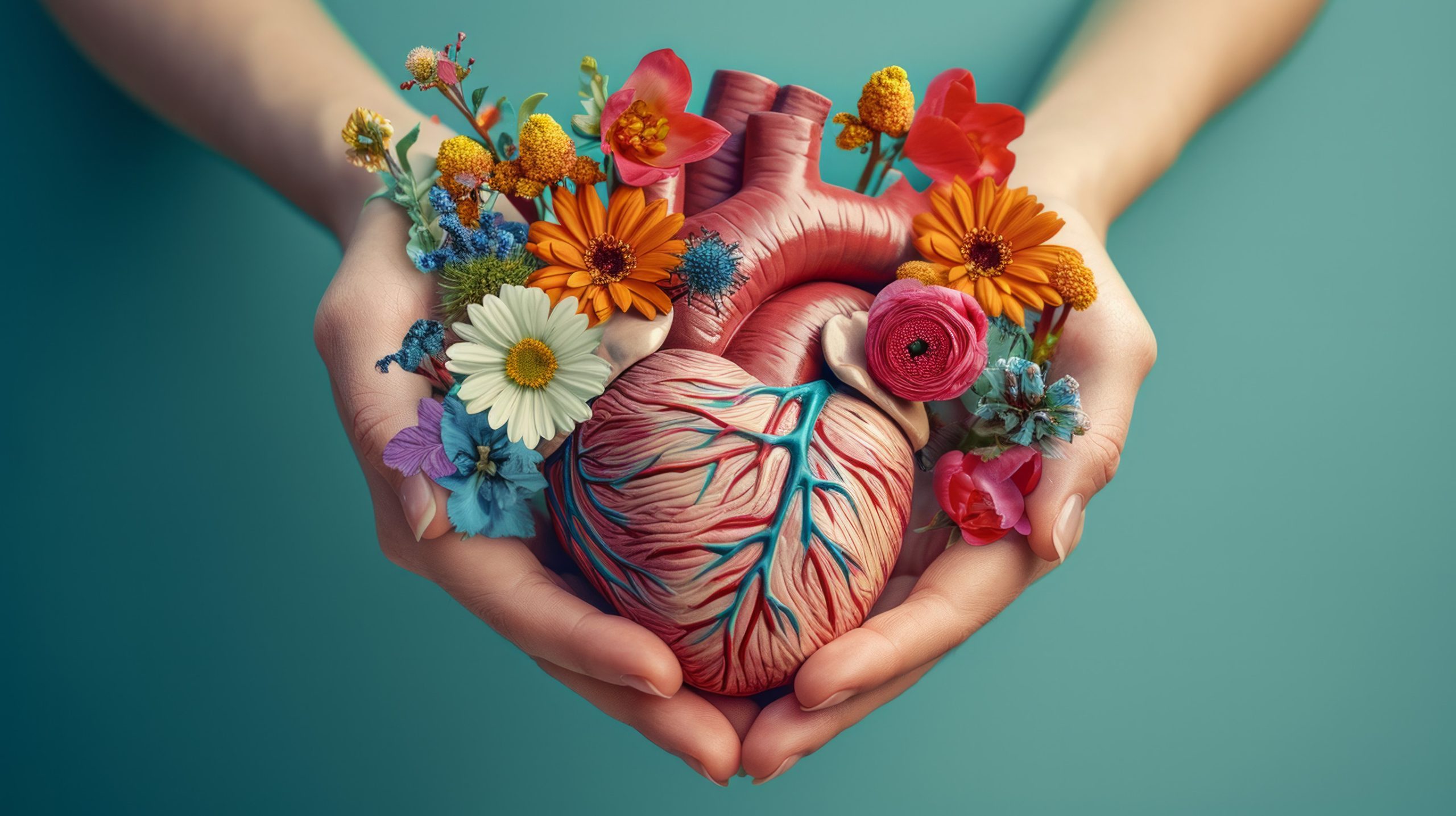
Image Source: 123rf.com
Healing takes time, but it is a crucial part of becoming “whole” again. Many people assume that healing is going to be this romantic journey full of clarity and breakthroughs, but that isn’t the reality of it. Going through a healing journey can be quite complicated and some people wind up getting stuck in their pain, unable to move forward. This isn’t because they can’t heal, it’s because they’re choosing not to. Here are six reasons why some individuals do this, even though healing would bring them comfort.
1. Pain Becomes Their Identity
If you’ve been living with it long enough, sometimes pain becomes part of who you are. Your trauma explains the way you act, your worldview, and even your place in the world. When this is true, healing seems impossible because letting go feels like losing part of yourself (even if it’s holding you back).
2. They Get Sympathy Through Suffering
Sometimes, the sympathy a person gets because they haven’t healed and are dealing with pain is the reason they don’t move on. It could be the only way they feel seen or valued. In a way, their pain feels like a reward because they gain emotional support when they don’t choose to heal. Clinging to their unhealed trauma guarantees attention for them.
3. Change Feels Riskier Than the Status Quo
Healing demands change, and change is scary. Even when someone knows their current state is harmful, it’s still predictable. That predictability provides a strange sense of comfort—at least they know what to expect. Stepping into healing requires trust, vulnerability, and the courage to disrupt everything familiar. For some, the fear of the unknown outweighs the desire for peace.
4. They Don’t Know Who They’d Be Without the Pain
When someone has lived in survival mode for years, healing isn’t just about getting better—it’s about redefining life itself. If all they’ve known is hardship, they can’t picture what a healed version of themselves looks like. This lack of vision creates resistance, because becoming something new takes imagination, courage, and faith.
5. Accountability Feels Too Heavy
Healing often requires facing hard truths—about choices made, harm done, and cycles repeated. That level of accountability can be overwhelming, especially if someone isn’t emotionally prepared to take ownership. It’s easier to stay in victimhood, where blame can be placed externally. Accepting responsibility means acknowledging the role they’ve played in their own suffering.
6. Healing Doesn’t Happen Without Work
Real healing is exhausting. It requires therapy, introspection, emotional effort, and uncomfortable conversations. Many people want to feel better, but they don’t want to do better. The idea of quick relief is appealing, but healing is rarely quick or easy. It’s a daily, messy process that demands patience and commitment.
Healing Is a Choice—And Not Everyone Chooses It
When it’s all said and done, making the choice to heal is personal. Not everyone is ready (or willing) to embrace the journey. They might see the pain they are experiencing as a comfortable place for them. Healing won’t always be the most comfortable thing, but it is key to living a peaceful life.
Read More
Dating After Divorce? These 7 Green Flags Are Non-Negotiable
The First 5 Conversations That Reveal If Someone Is Worth Your Time

Drew Blankenship is a former Porsche technician who writes and develops content full-time. He lives in North Carolina, where he enjoys spending time with his wife and two children. While Drew no longer gets his hands dirty modifying Porsches, he still loves motorsport and avidly watches Formula 1.
Leave a Reply